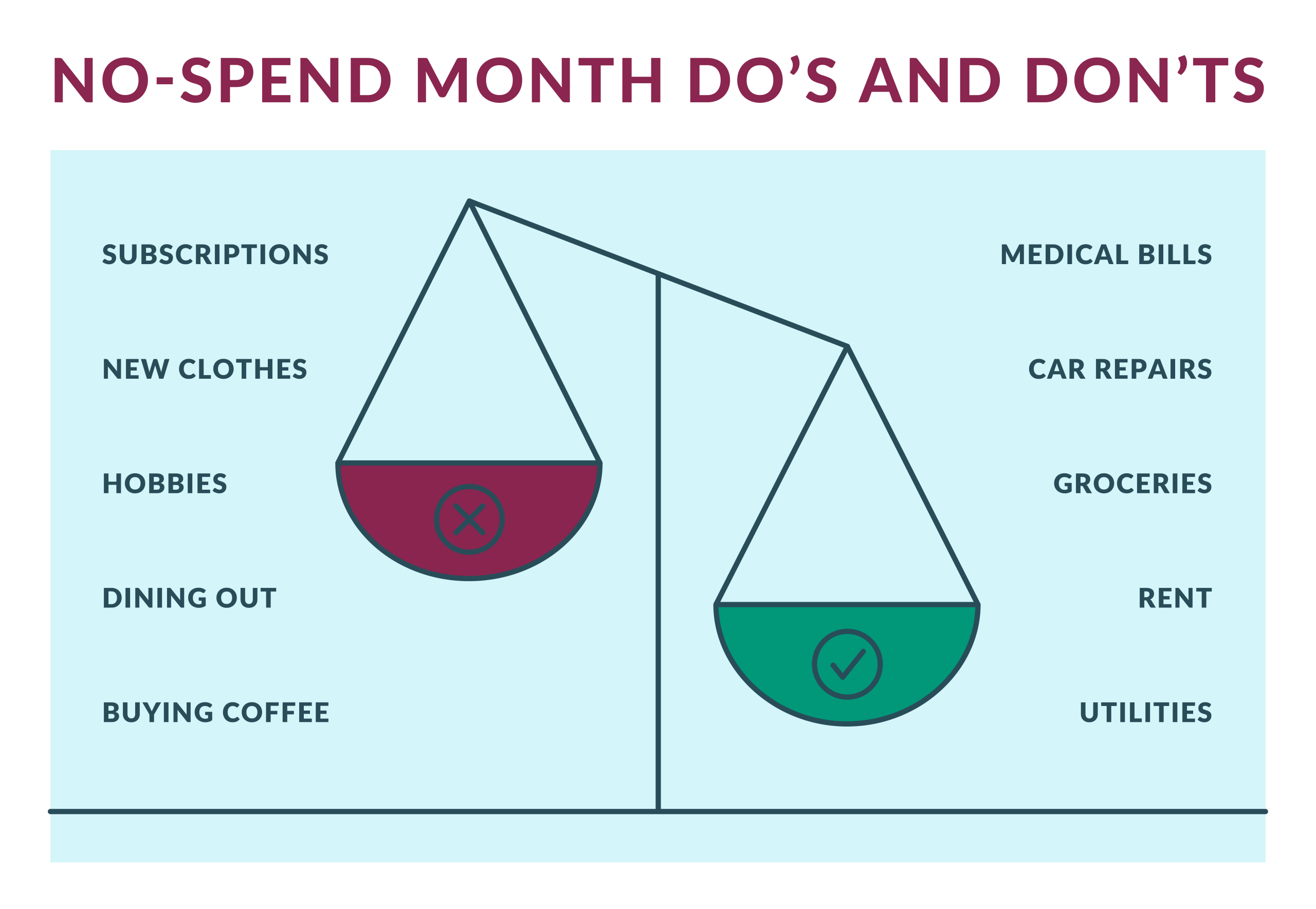Anúncios
Getting a car loan in the United States might seem like a complicated process at first glance, but with the right preparation, you can secure financing that fits your financial reality.
From researching options to choosing the vehicle, there are various stages involved that can help you get the best terms for your auto loan.
Follow this step-by-step guide to ensure you don’t feel lost in the process.
Understand How a Car Loan Works
A car loan is financing offered by financial institutions to help someone purchase a vehicle, either new or used.
Essentially, the bank or lender pays the full or partial value of the car, and the buyer repays this amount in monthly installments with interest. The interest rates vary based on factors such as your credit history, the lender, and the loan term.
In the United States, auto loans have terms ranging from 24 to 84 months, depending on the loan amount and the institution providing the credit.
The longer the term, the smaller the installments, but this also means you’ll pay more interest over time. Therefore, it’s important to understand each part of the process before signing a contract.
How to Obtain a Car Loan?
First and foremost, you need to prepare adequately before applying for a car loan. Here are the main steps to ensure you’re ready to secure financing that suits your profile.
Research Lender Options
The first step is to thoroughly research the available lender options in the market. There are several types that offer car loans: banks, credit unions, specialized financial institutions, and even vehicle dealerships.
Each of these lenders can offer different payment terms, interest rates, and loan periods, so it’s important to compare your options.
Traditional lenders, like banks, tend to offer lower interest rates to customers with good credit but may require more documentation and requirements.
Credit unions tend to be more flexible and offer competitive rates. Dealerships, on the other hand, may simplify the process, but interest rates are often higher.
Check Your Credit Score
Your credit score is an essential factor in determining the terms of your car loan.
The credit score is a number ranging from 300 to 850 that represents your ability to manage debt and pay bills on time.
The higher your score, the better your chances of getting a loan with lower interest rates.
Before applying for an auto loan, it’s recommended to check your credit score and, if necessary, take steps to improve it. This could include paying off old debts, reducing credit card usage, and ensuring that all your bills are up to date.
A higher credit score can save you a significant amount of money over the course of the loan.
Compare Loan Options
Once you’ve found some lenders that meet your needs, it’s time to compare the available loan options. Pay close attention to several important factors:
- Interest Rate: The interest rate is the cost you pay for financing. It can be fixed, meaning it doesn’t change over time, or variable, which can increase or decrease. A lower interest rate means you will pay less over time.
- Loan Terms: The loan term determines how long you will make payments. Long-term loans have lower monthly payments but more interest over the life of the loan. Conversely, short-term loans may have higher payments but you’ll pay less in total interest.
- Fees and Charges: In addition to interest, lenders may charge additional fees, such as origination fees to process the loan or prepayment penalties if you want to pay off the loan early. Be sure to check all these costs to avoid surprises.
With this comparison in mind, choose the car loan offer that best aligns with your financial goals.
Have a Well-Defined Budget
Before applying for a car loan, you need to have a clear and realistic budget.
Not only to know how much you can afford to pay monthly but also to account for the total cost of the car and additional expenses that come with owning a vehicle, such as insurance, maintenance, fuel, and taxes.
Do a thorough analysis of your current financial situation and ensure that the auto loan payments fit within your budget without compromising other essential expenses.
Also, remember that the car’s monthly payment should be sustainable throughout the entire loan period.
Gather the Documentation
To apply for an auto loan, you’ll need to provide several documents to the lender. Here’s a list:
- Proof of income: To show that you have the means to repay the loan.
- Personal identification: Such as a driver’s license or passport.
- Proof of residence: Such as a utility bill or bank statement.
- Credit history: Your credit score will be checked during the application process.
Gathering all this documentation in advance speeds up the process and prevents delays. Ensure that the requested documents are up to date and in good condition.
Get Prequalified
Prequalification is a step that can be very useful in the process of obtaining a car loan.
It allows you to get an idea of the terms the lender is willing to offer, such as the interest rate and loan amount, without affecting your credit score.
During prequalification, the lender does a basic analysis of your financial history without performing a hard inquiry, which could temporarily lower your credit score.
With prequalification, you can compare offers from different lenders and choose the one that offers the best terms before making a final decision.
Find the Ideal Car
After prequalifying for an auto loan and setting a budget, it’s time to find the ideal car. The vehicle’s value should fall within the approved loan amount and your monthly budget.
Consider factors such as fuel efficiency, insurance costs, and the vehicle’s depreciation over time.
If you’re buying a new car, you may be able to take advantage of incentives offered by dealerships, such as factory bonuses or promotional interest rates.
If you prefer a used car, make sure to check its history to avoid future problems.
Finalize the Loan and Prepare for Payment
After finding the ideal car and accepting a car loan offer, get ready to sign the financing contract.
Carefully review all loan details: financed amount, interest rate, term, and any additional fees that may be charged.
The lender will then pay the seller the value of the vehicle, and you will start making the agreed-upon monthly payments.
It’s important to be prepared for these payments and ensure that they are made on time. Late payments lead to penalties and can negatively affect your credit score.
To simplify the process, set up automatic payments through your bank, helping you avoid missed payments and potential financial issues.
Getting a car loan requires planning and research, but by following the steps outlined in this guide, you’ll be well-prepared to secure the right financing for your profile.
Always compare credit options, review your credit score, and gather all necessary documents before applying for the loan.
Above all, stay informed about the terms in the contract to ensure you make the best financial decision for your vehicle purchase.
Also, check out our post about how personal loans work and valuable tips for securing yours.






